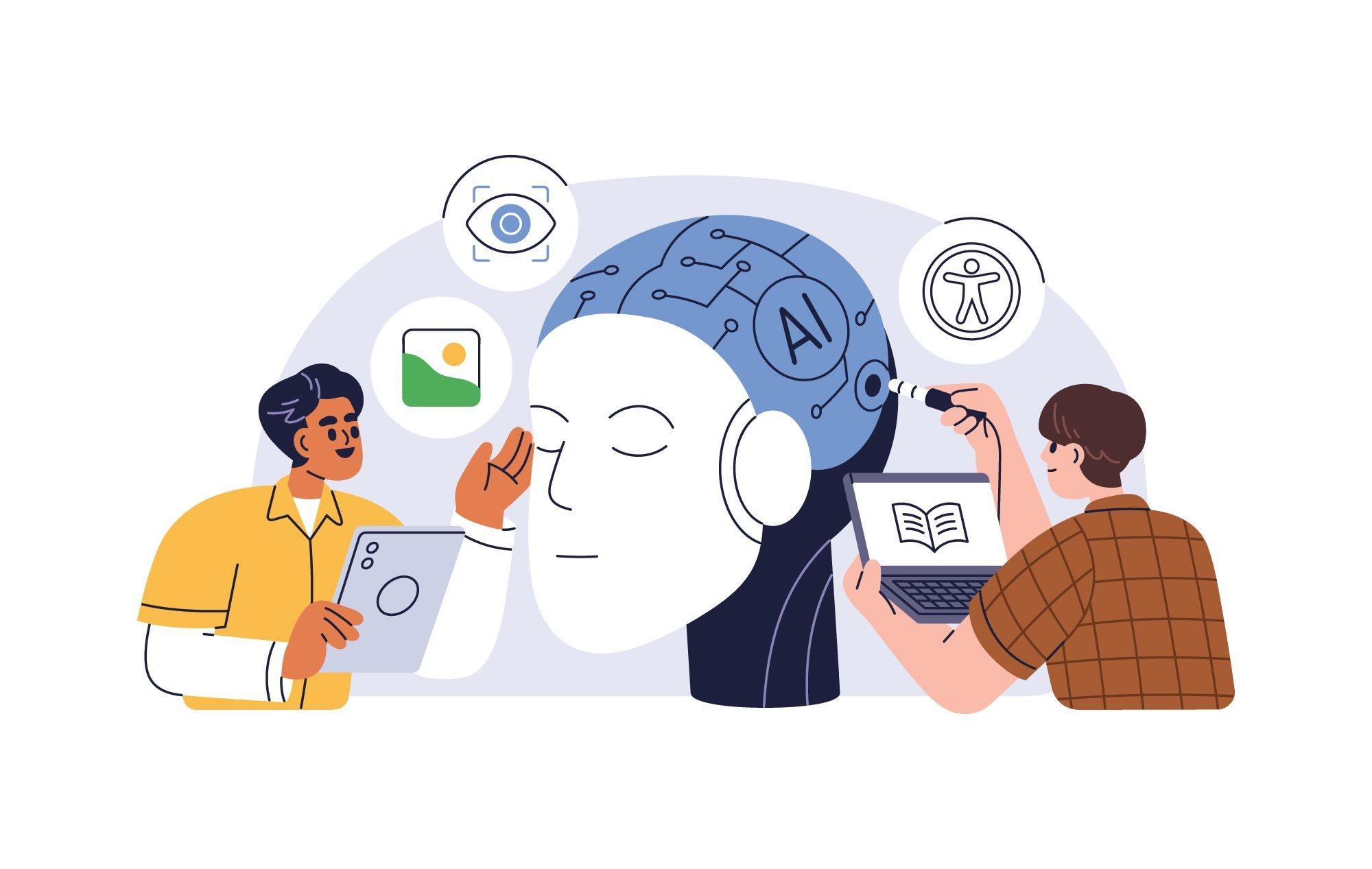How Employers Really View Digital credentials: Insights and Perspectives on Hiring Trends
Introduction: The Rise of Digital Credentials in Modern Hiring
In the rapidly evolving job market,digital credentials—including digital badges,micro-credentials,and online certificates—are gaining wide acceptance. As more professionals turn to online platforms for upskilling, employers are also adapting their hiring strategies. But what do employers really think about digital credentials? Are they as valuable as traditional degrees and certifications? This article delves deep into employer perspectives on digital credentials, explores recent hiring trends, and provides practical guidance for job seekers leveraging digital qualifications.
What Are Digital credentials?
Digital credentials are verifiable, portable recognitions of achievement, skill, or competency. They range from micro-credentials issued for completing a specialized course to digital badges and online certificates granted by universities, tech firms, and learning platforms such as Coursera, Udemy, or LinkedIn Learning.
- Micro-credentials: Short learning experiences that certify a specific skill or competency.
- Digital badges: Shareable icons that verify completion of certain educational or training tasks.
- Online certificates: Formal acknowledgments of course completion issued by reputable institutions.
How Employers View Digital Credentials: Key Insights
1.Growing Acceptance in Tech and Fast-Moving Industries
In fast-paced industries like IT, marketing, and project management, employers have increasingly recognized the value of digital skills evidenced through verified online credentials. According to a 2023 survey by Credly,over 75% of hiring managers in tech view digital credentials as a positive supplement to traditional resumes.
2. Skepticism in Traditional Sectors
Conservative fields such as finance or healthcare may still prioritize formal degrees and accreditations, given regulatory requirements.Tho, even in these sectors, digital credentials can demonstrate proactive learning and commitment to staying current—a trait employers value highly.
3. Verification and Credibility Matter
Employers are more likely to accept digital credentials issued by reputable organizations or platforms with robust verification processes. Credentials easily shareable via LinkedIn or digital portfolios simplify background checks and raise employer confidence.
- Credentials from globally recognized platforms carry more weight.
- Employers prefer transparent, skill-based credentials over broad, unstructured ones.
- Endorsements or real-world projects attached to credentials add immense value.
Digital Credentials vs.Traditional Degrees: Changing Hiring Trends
Modern hiring is increasingly skill-oriented rather than degree-focused. The COVID-19 pandemic accelerated remote work and digital transformation, prompting employers to seek demonstrable skills.Here is how digital credentials are shifting hiring paradigms:
- Faster Upskilling: Digital badges allow candidates to quickly acquire in-demand skills.
- Customized Talent Pipelines: companies leverage micro-credentials to tailor employee skills to emerging needs.
- Equity and access: Digital credentials level the playing field for those without access to traditional education.
“The line between formal degrees and digital credentials is blurring, especially in fields that prioritize skills over pedigree.” – HR Leader at a Fortune 500 Tech Firm
Case Studies: Real-World Employer Perspectives on Digital Credentials
Case Study 1: IBM’s Embrace of Digital Badges
IBM was among the first enterprises to invest heavily in digital badge programs. The company issues nearly 100,000 badges annually, and hiring managers report that candidates with specific IBM badges reach interview stages 20% more often than those with just degrees. these micro-credentials have enabled IBM to create internal mobility and encourage continuous learning.
Case Study 2: Google Career Certificates
Google’s career Certificate programs offer digital credentials for job-ready skills in IT support, data analytics, and project management. More than 50% of graduates reported positive hiring outcomes within six months,with some employers using these certificates as an choice to four-year degrees.
Benefits of Digital Credentials for Employers and Job Seekers
For Employers
- Access to a wider, more diverse talent pool
- Faster, skill-based hiring process
- Reduced onboarding time for tech-savvy candidates
- Clearer mapping of skills to job requirements
for Job Seekers
- Showcases current, job-ready skills
- Demonstrates initiative and adaptability
- Enables career shifts without lengthy degree programs
- makes profiles stand out in competitive markets
Practical Tips: Making the Moast of Your Digital Credentials
Want your digital badges to grab an employer’s attention? Here’s how to present them effectively:
- Choose Credentials Wisely: Focus on those aligned with your target jobs and issued by recognized authorities.
- Showcase on LinkedIn & Resumes: Add digital badges, micro-credentials, or certifications in dedicated sections.
- Link to Verification Pages: Allow hiring managers to verify the credential directly from your profile.
- Demonstrate Application: Where possible,attach project links,portfolios,or proof of practical use alongside the credential.
- Stay Current: Digital credentials are most valuable when they reflect the latest skills and technologies.
first-Hand Perspectives from Hiring Managers
To gain nuanced insights into how employers really view digital credentials, we reached out to several HR leaders and recruiters. Here’s what they had to say:
“When I see a candidate with a Google Project Management Certificate, I know they’ve worked through a rigorous and industry-aligned curriculum. It counts as much as internship experience for entry-level roles.” – Tech Recruiter, san francisco
“Digital credentials are a rapid way for us to filter applicants with the right skills, especially for highly specialized positions. But we prefer credentials verified by platforms with a solid reputation.” – Head of Talent Acquisition, UK-based Marketing Agency
The consensus? While digital credentials may not entirely replace traditional degrees in every field, they are powerful evidence of up-to-date skills and a proactive mindset.
Conclusion: The Future of Digital Credentials in Hiring
The adoption and legitimacy of digital credentials in hiring are set to grow as industries prioritize competency and agility. Employers are steadily integrating these verifications into talent pipelines, with top platforms and educational institutions lending them credibility.
For job seekers, smart use of digital badges and micro-credentials can open new doors and accelerate career advancement. For employers, digital credentials streamline hiring and surface top talent equipped to thrive in the digitized workplace. As hiring continues to evolve, staying ahead means embracing a future where learning is lifelong, accessible, and demonstrably valuable.
Ready to stand out? Invest in reputable digital credentials, continually refresh your skills, and confidently showcase your achievements—you’ll be setting the pace for the future of work.

